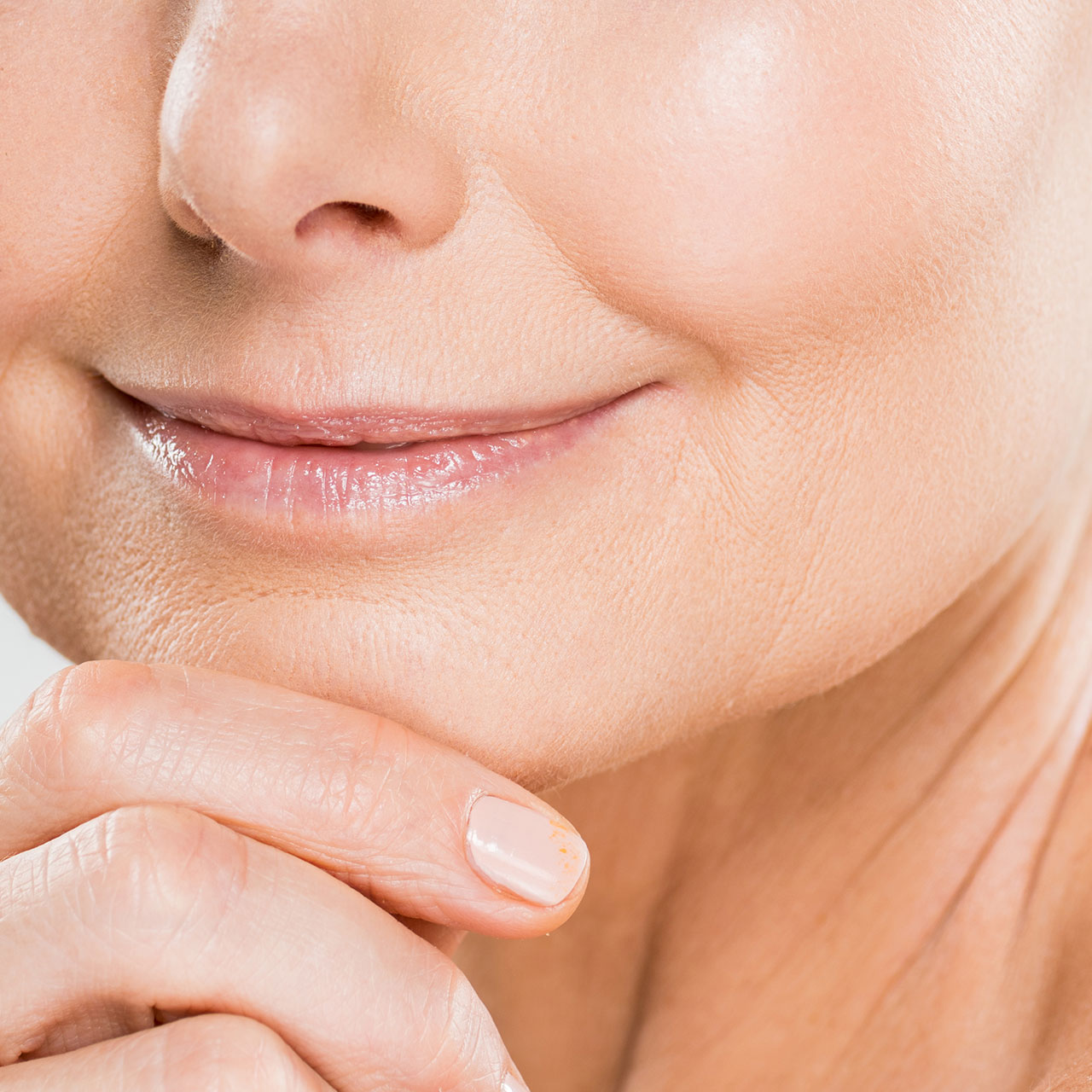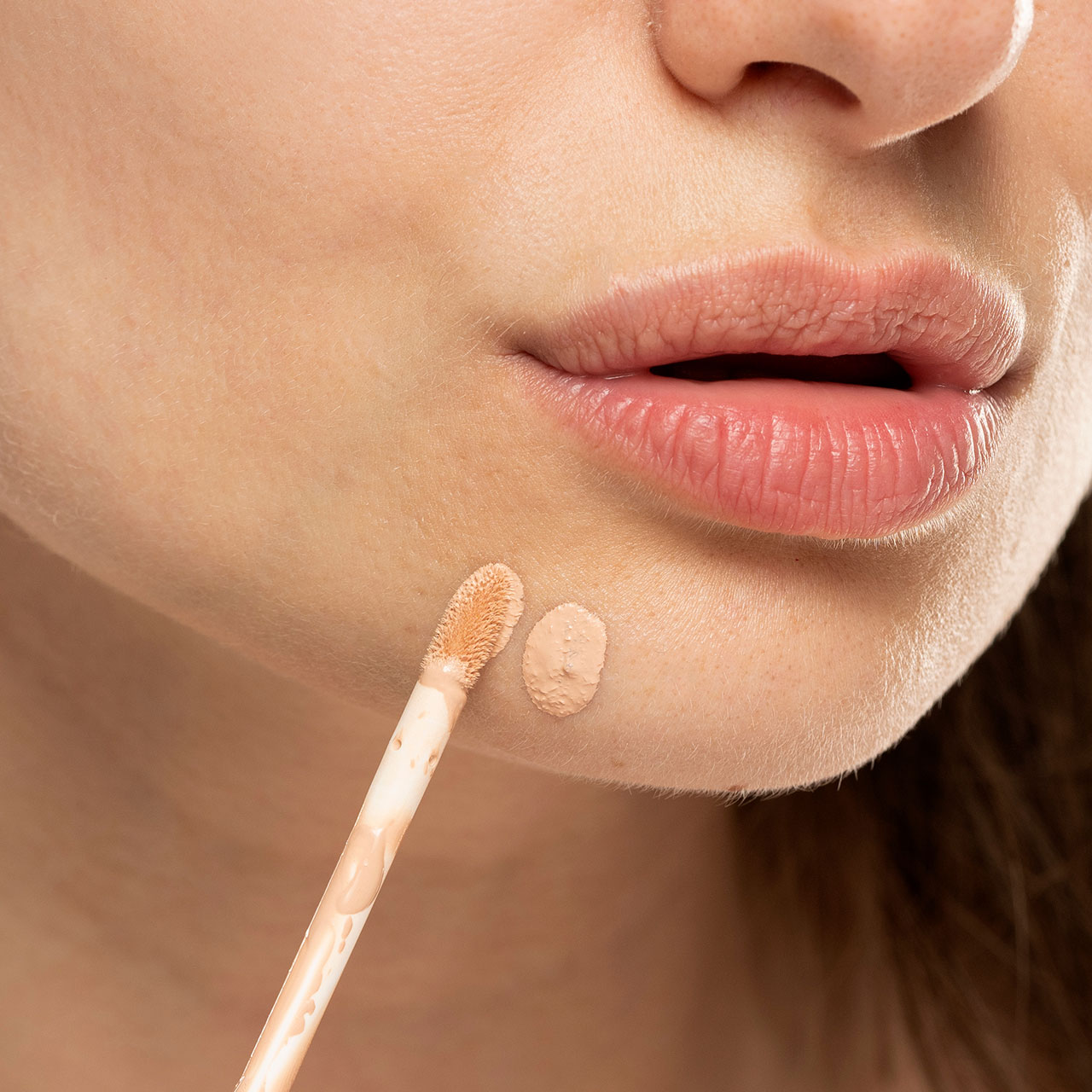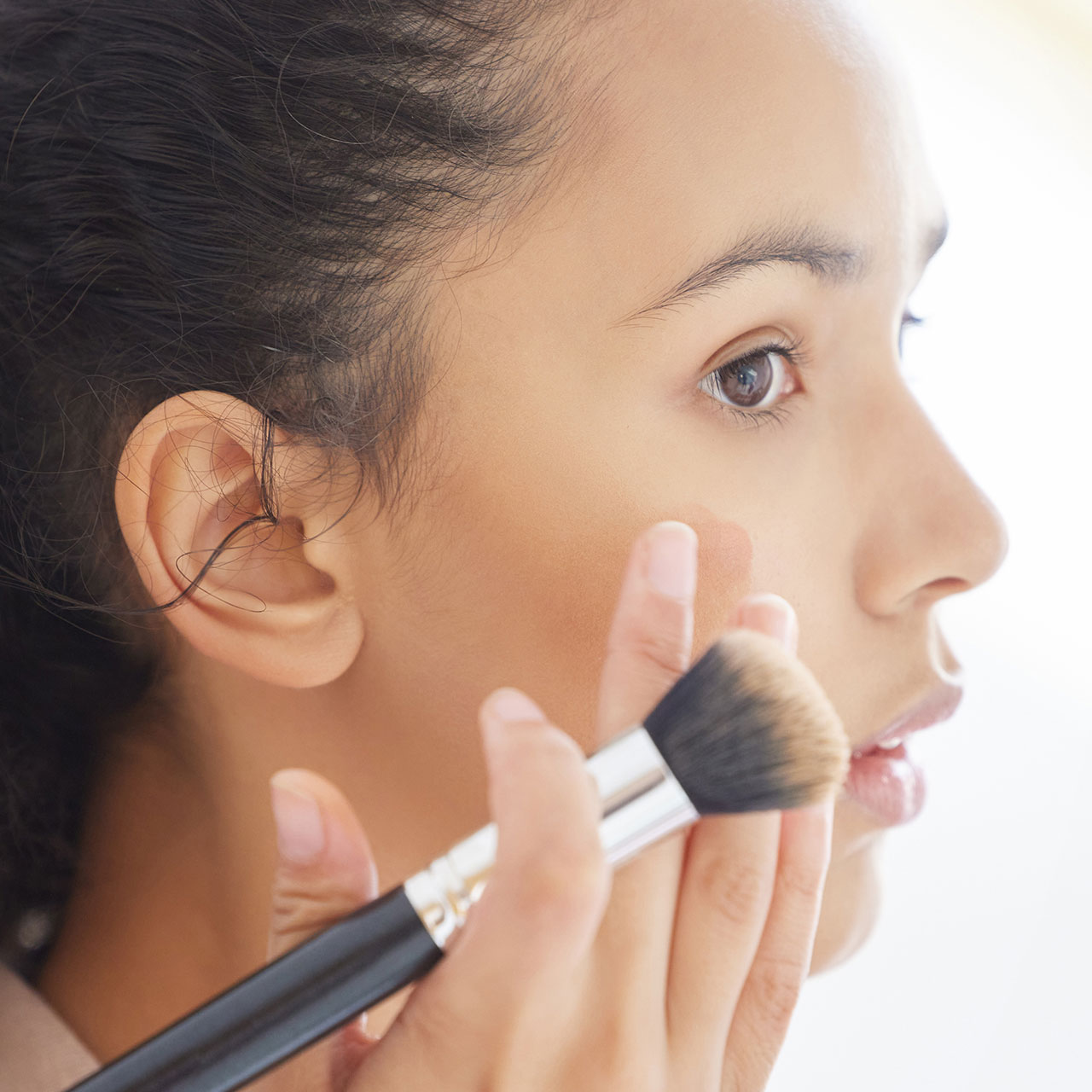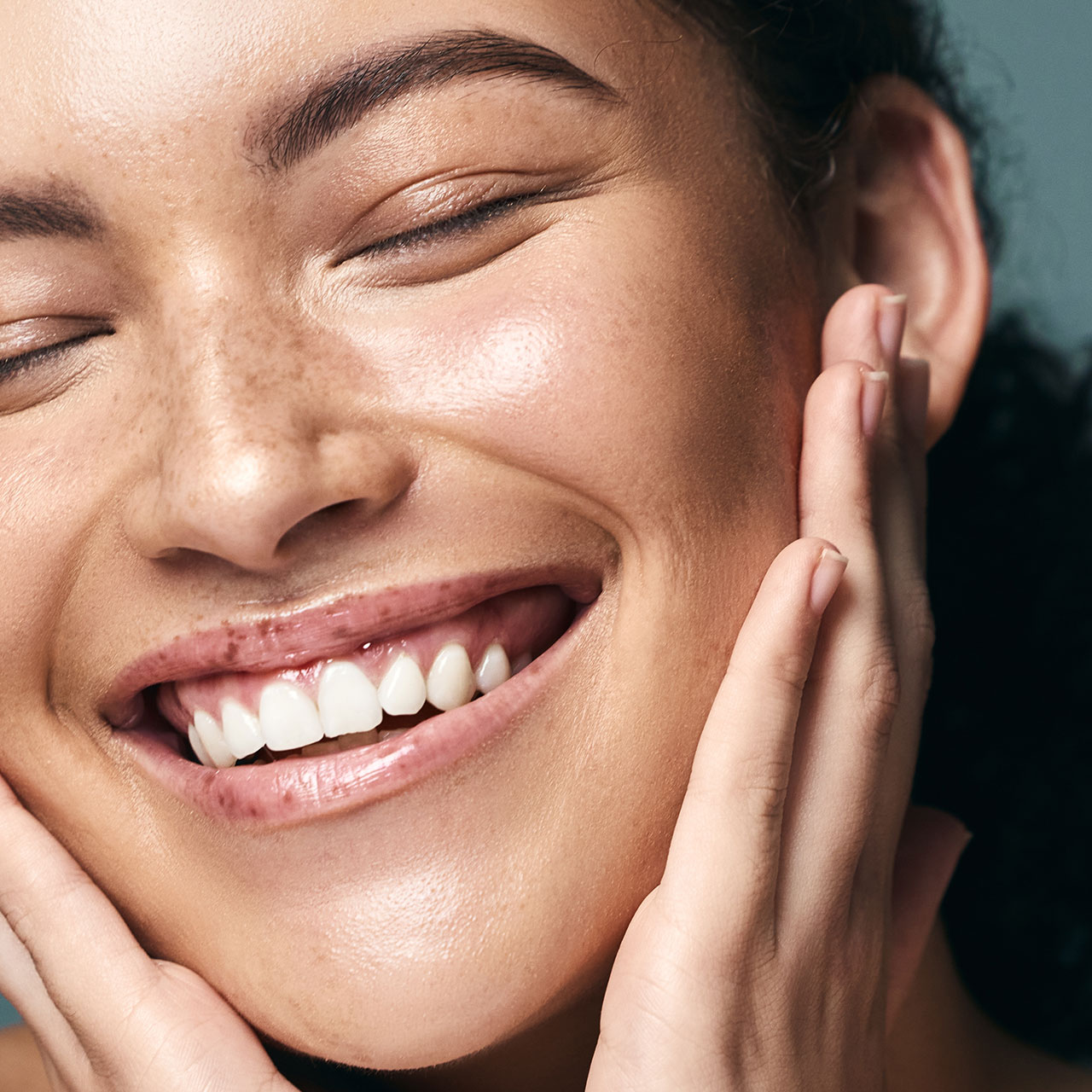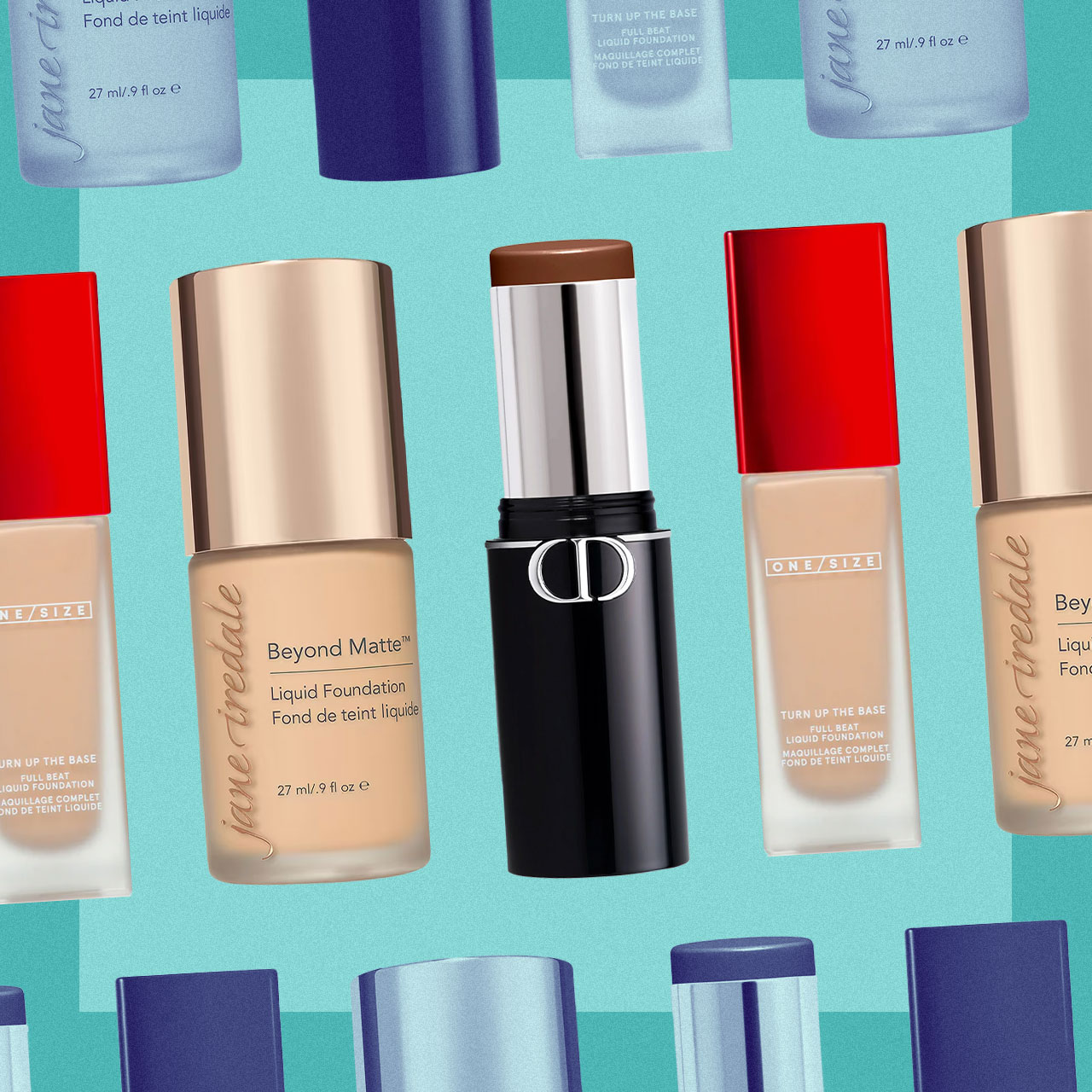This post has been updated since its initial publish date to include more expert insight.
Hair loss is a common yet frustrating struggle that can leave a significant mark on your self-esteem, making it increasingly difficult to style the hair that you do have. Stemming from a number of causes, some preventable and some less so, hair thinning also has an array of potential treatments beginning with growth supplements and ending with stimulant products to be applied directly to the scalp.
If you’ve been suffering from hair loss and feel as though you’ve tried every topical cure across the board, there’s one thing that may make a significant impact on your locks without shelling out cash: your diet. We spoke with Dr. Dominic Burg, chief scientist, hair biologist, microbiologist, and trichologist for evolis Professional, and Amy Neuzil, ND of ToHealthWithThat.com to get a sense of the best food to incorporate into your daily routine for hair regrowth, and this is what he had to say.
While according to appearances your hair is a marker of beauty, struggling with hair loss can also be an indicator that something is off with your internal health. Therefore, working towards a healthier body via your diet will naturally have a positive impact on your strands as well. “The condition of our hair is often the first thing to be affected if there is a nutrient imbalance, illness, or stress. So, if you are experiencing thinning or hair loss, brittle hair, and nails, or dull skin you need to take a holistic view of your health and nutrient intake,” explains Burg. That being said, there are three particular nutrients you should prioritize in your foods for sparking hair growth.

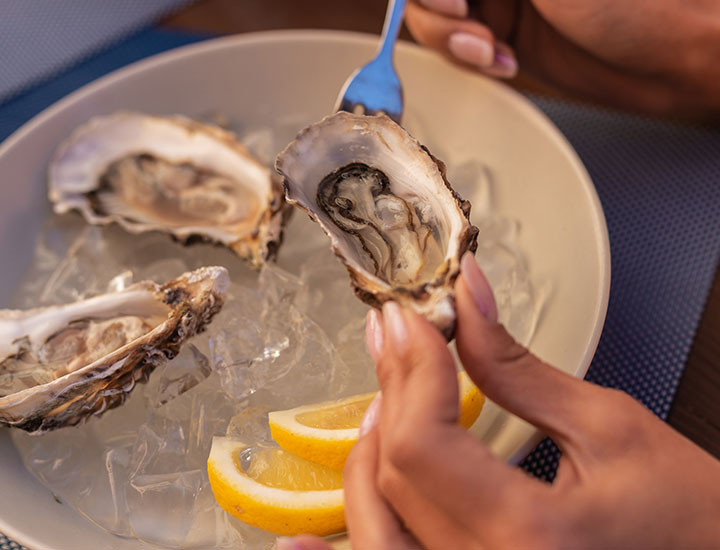
Zinc
Although there are a variety of nutrients that can help to bolster the strength of your hair, zinc, as found in shellfish and red meat, is one of the most important for growing back limp, weak strands. Often found in animal-based protein, it is notably more difficult for those who follow a plant-based diet to get adequate zinc, and these diets actually require more of it.
"The challenging aspect of these diets is that they contain a high number of foods that are rich in molecules known as phytates, particularly legumes, seeds, nuts, and grains. Phytates bind nutrients such as zinc and prevent them from being absorbed, so those on vegetable-based diets need to up their intake of these nutrients, sometimes needing 150% of the intake of diets containing meats," Burg notes. However, maintaining adequate zinc consumption will help with hair growth for stronger, more durable strands.
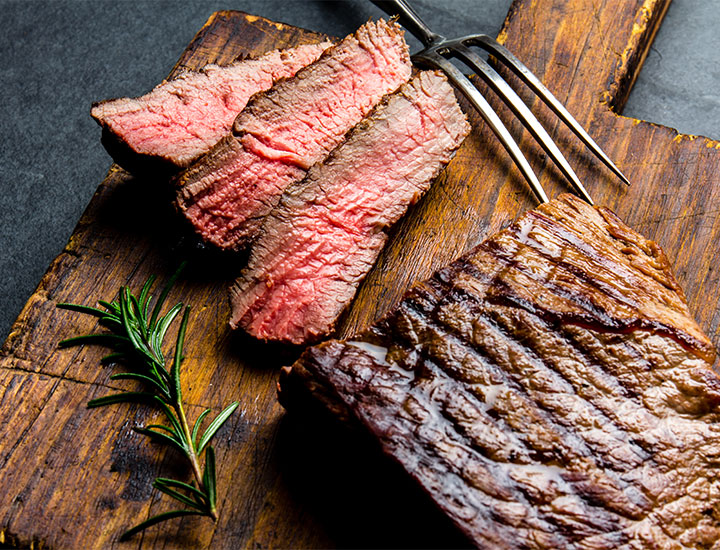
Vitamin D
Vitamin D, found in foods such as fish, egg yolks, and red meat is essential for boosting hair strength because it can help to stimulate growth from the root to repair the damage. Consuming a balanced diet will help you to naturally get enough of this vitamin, but if you follow a plant-based diet it may be useful to include a supplement to bridge the gap.
That being said, vitamin D can also be found in foods such as soy milk and mushrooms, boosting hair growth and allowing for stronger, healthier strands to develop. It’s worth noting that in eating any of these nutrients you cannot expect to see changes overnight, but you may experience results in the shininess and strength of your hair in just a few weeks with a more balanced, healthier diet.
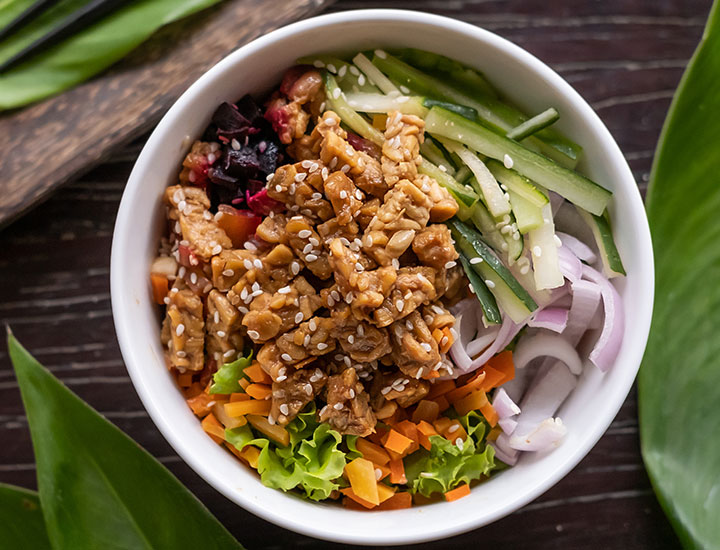
Vitamin B
Vitamin B is undeniably one of the best nutrients for stronger hair, but it is also one of the most difficult to get from a vegetarian or vegan diet (learn how to get more protein in a vegan diet!). With this, foods such as tempeh, nutritional yeast, and nuts will be your best bet as sources for ample vitamin B, and when all else fails, consider integrating a supplement into your routine after consulting with a healthcare professional.
"B vitamins help to support the energy production required for hair growth as well as other important metabolic functions, e.g, B6 helps replenish neurotransmitters affected by stress," Burg explains.

Vitamin E
And finally, adding vitamin E to your everyday diet is a great way to add volume to thinning hair. Nuts, specifically, are a food group that happens to be rich in vitamin E, with almonds being a prime choice to give you the thick, silky hair of your dreams.
In particular, eating nuts helps provide your body with healthy proteins, vitamin E, and fatty acids, according to Neuzil. "An ounce of roasted almonds gives you 5% of your daily biotin and also 37% of your vitamin E, which boosted hair growth by 34% in one study," she reveals. Plus, "Almonds are also a great source of other hair-friendly nutrients like zinc and essential fatty acids." Because almonds tend to contain more biotin than other nuts-such as peanuts and walnuts-they make a perfect health (and beauty)-conscious snack. You can add almonds to your oatmeal in the morning for a metabolism boost! After prioritizing these nutrients within your diet, Burg says you can expect to see changes in the speed of your hair growth within several months with significantly reduced fallout to look forward to as well.



